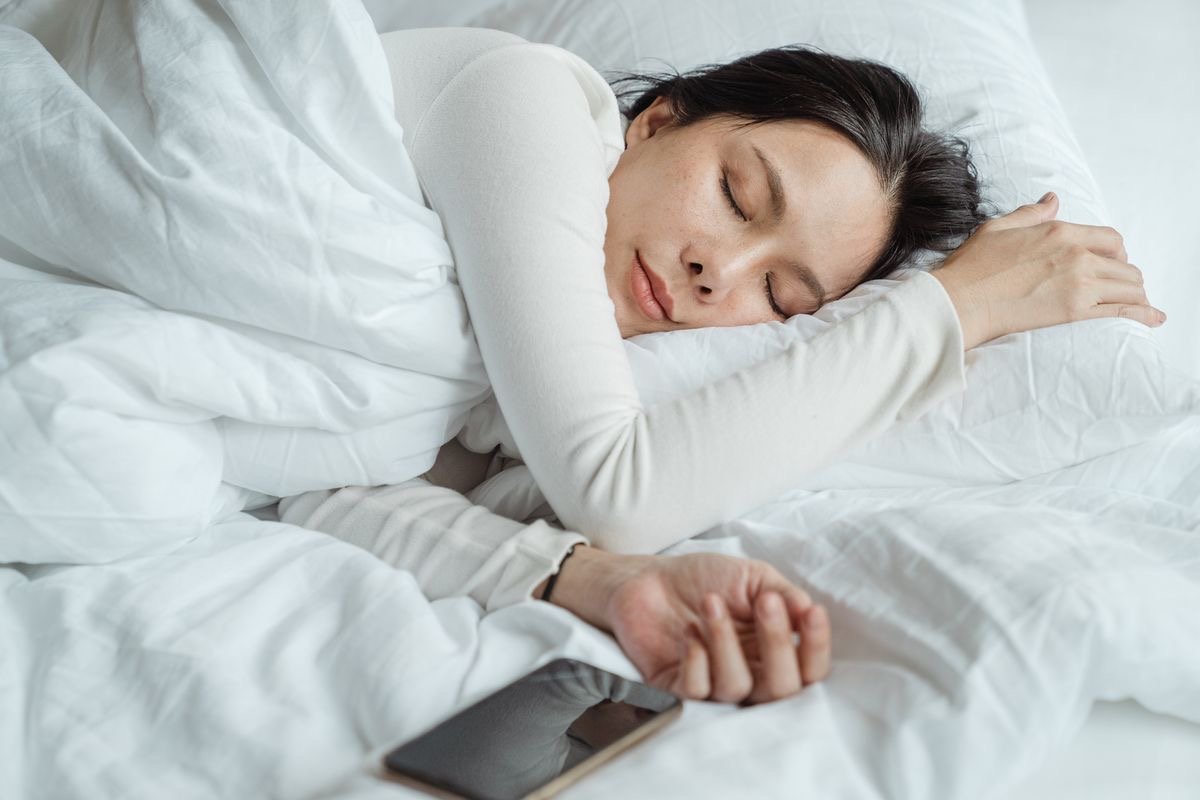
Recent research highlights a compelling link between late-night awakenings and mental health, particularly in the context of depression. Consistently waking up after 1 AM may significantly disrupt circadian rhythms, the body’s natural sleep-wake cycle, which is crucial for maintaining mental and physical health.

The study, conducted by a team of sleep researchers, observed individuals with varying sleep patterns over several months. They found that those who habitually woke up after 1 AM experienced higher levels of depressive symptoms compared to those with more regular sleep schedules. This group also reported increased feelings of anxiety, irritability, and fatigue.
One key factor is the interruption of the REM (rapid eye movement) phase of sleep, which typically occurs in the latter part of the night. REM sleep is essential for emotional regulation and cognitive functions. Disruption of this phase can lead to mood disturbances and impaired memory and concentration.

Moreover, the research suggests that the social and lifestyle consequences of late-night awakenings, such as reduced daylight exposure and social interaction, further exacerbate depressive symptoms. These findings underscore the importance of maintaining consistent and healthy sleep patterns to support mental well-being.
This study calls for greater awareness and potential interventions to help individuals at risk, emphasizing the critical role of sleep hygiene in mental health.



